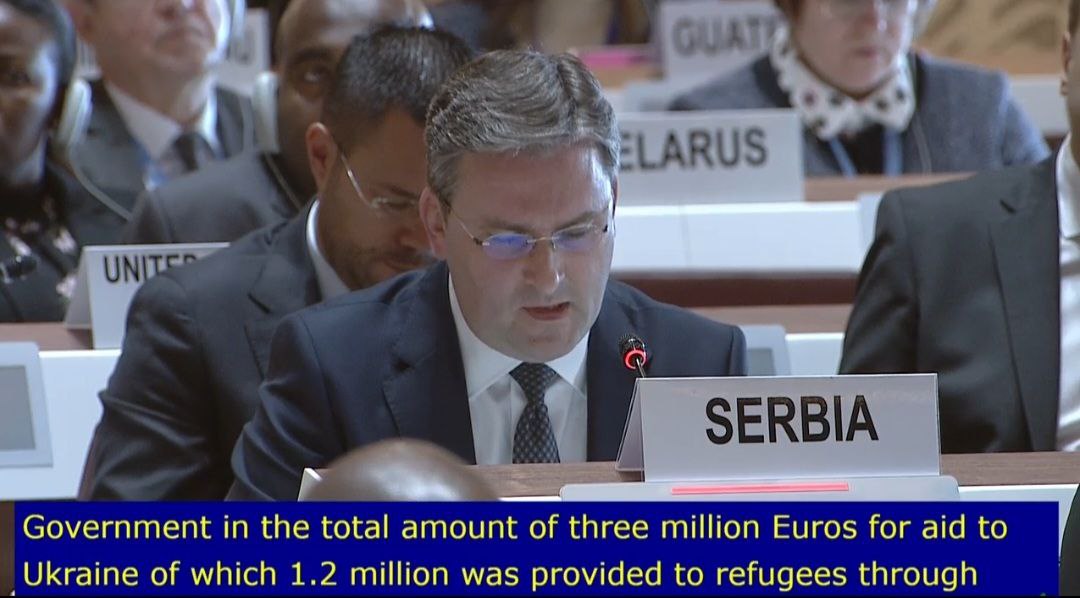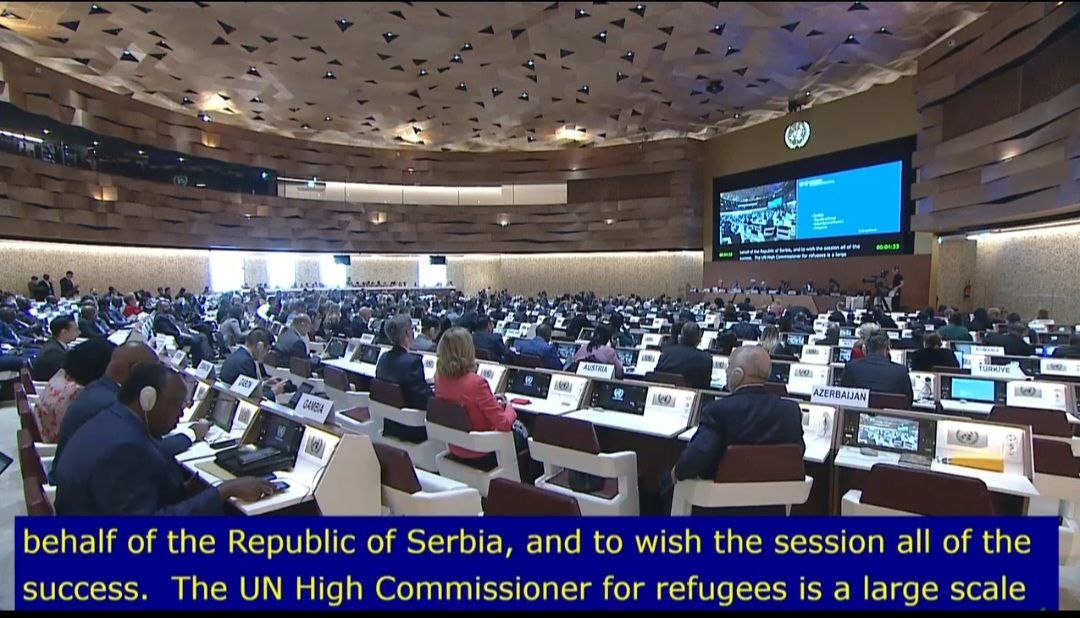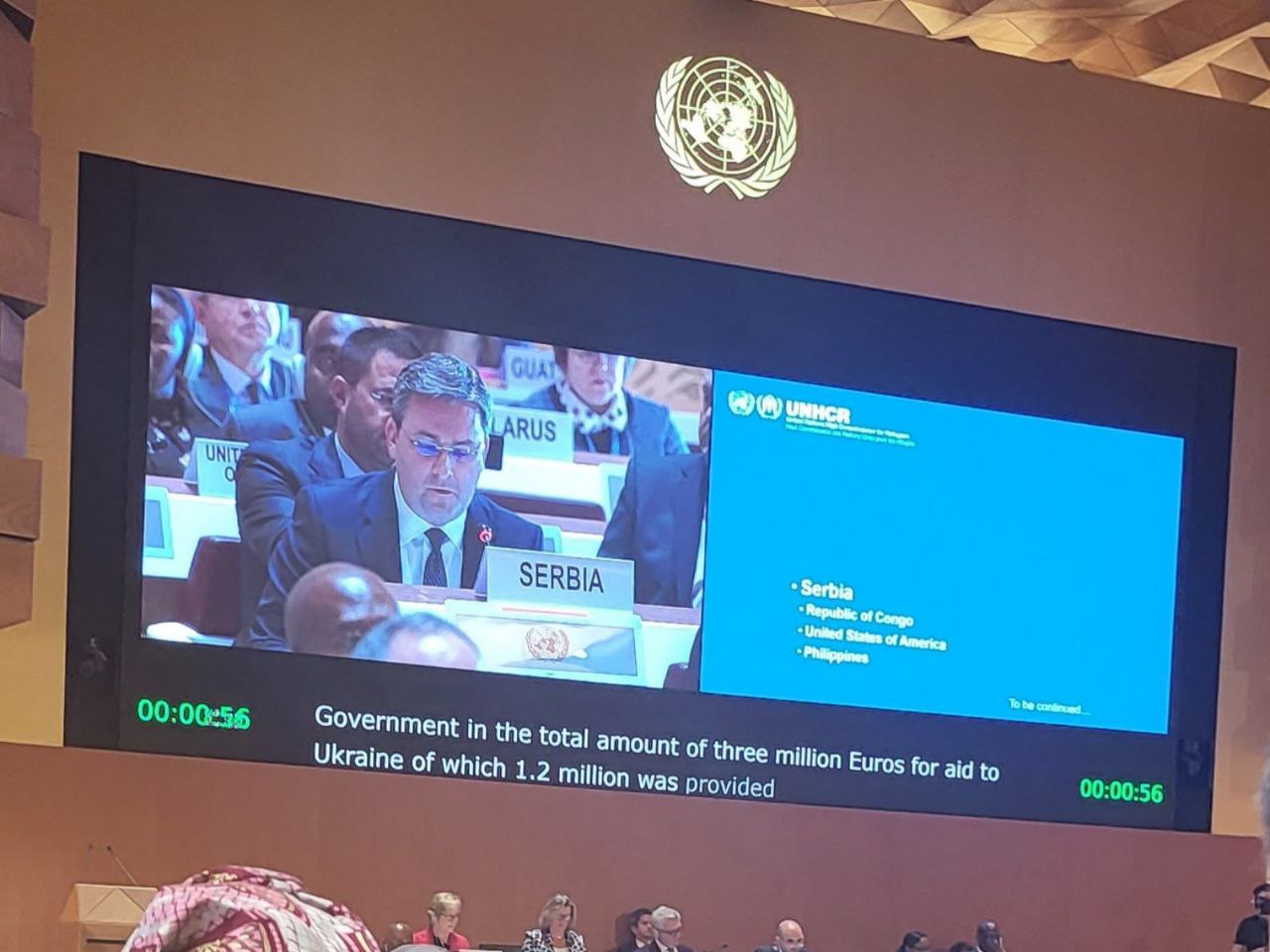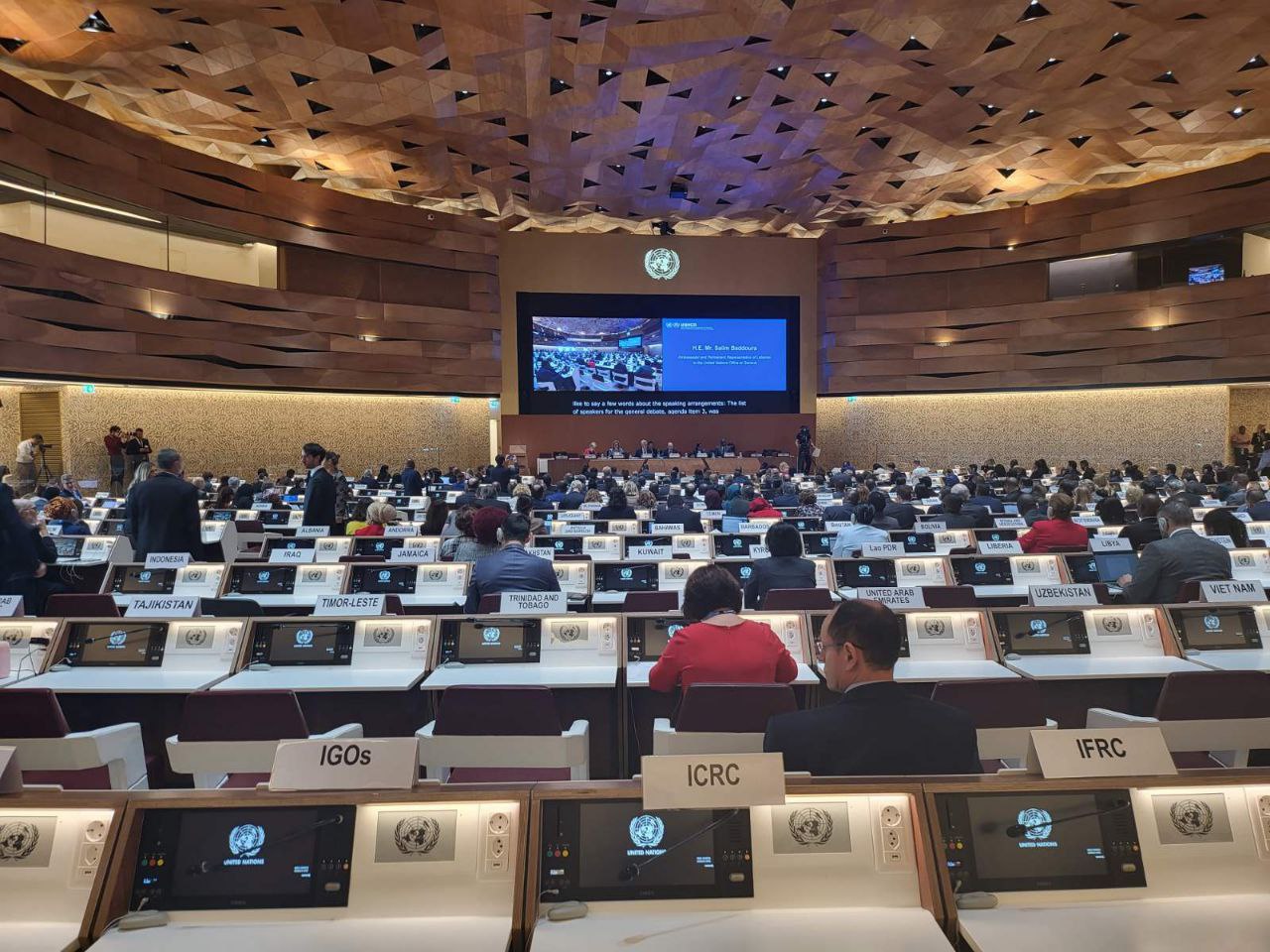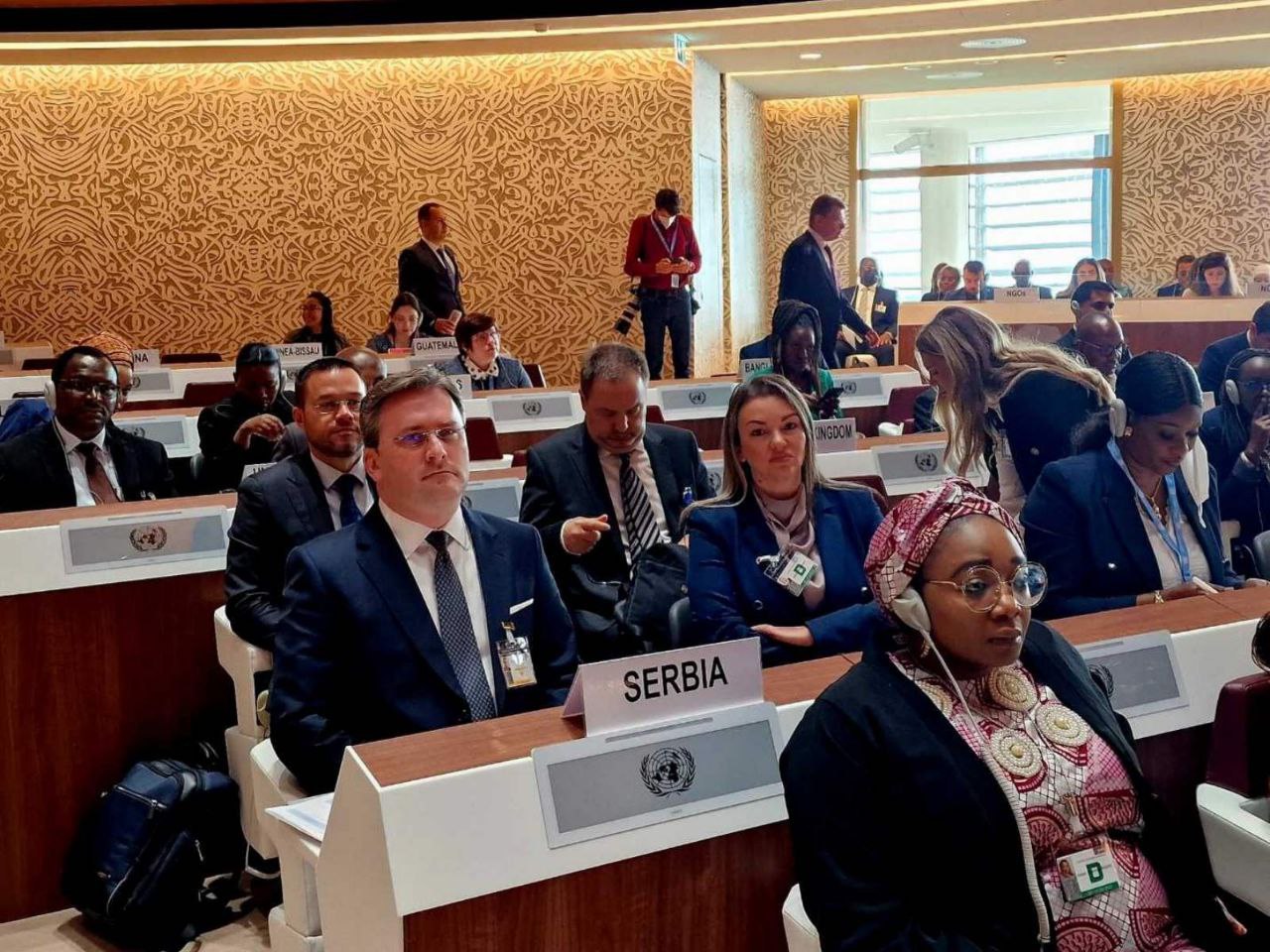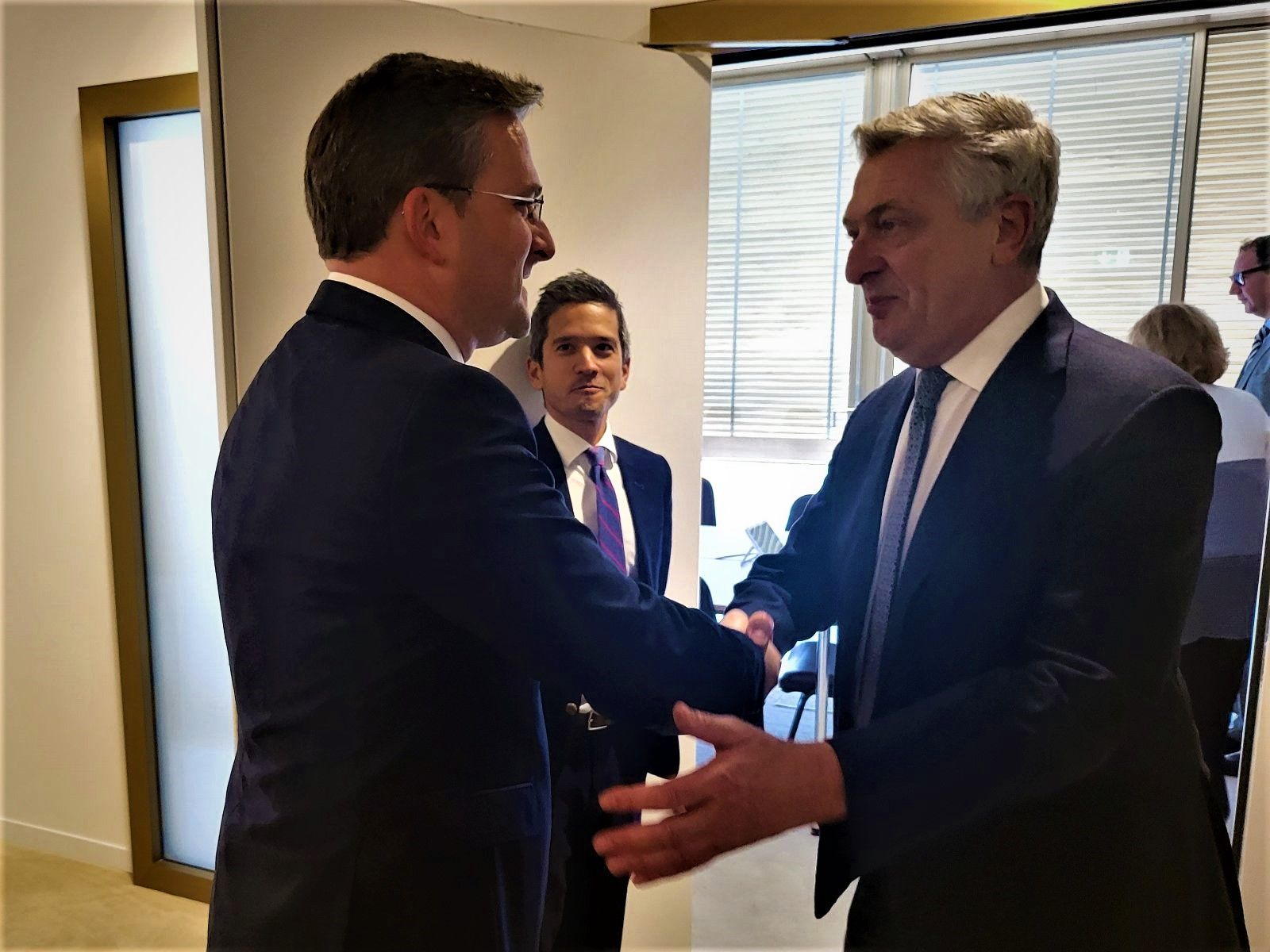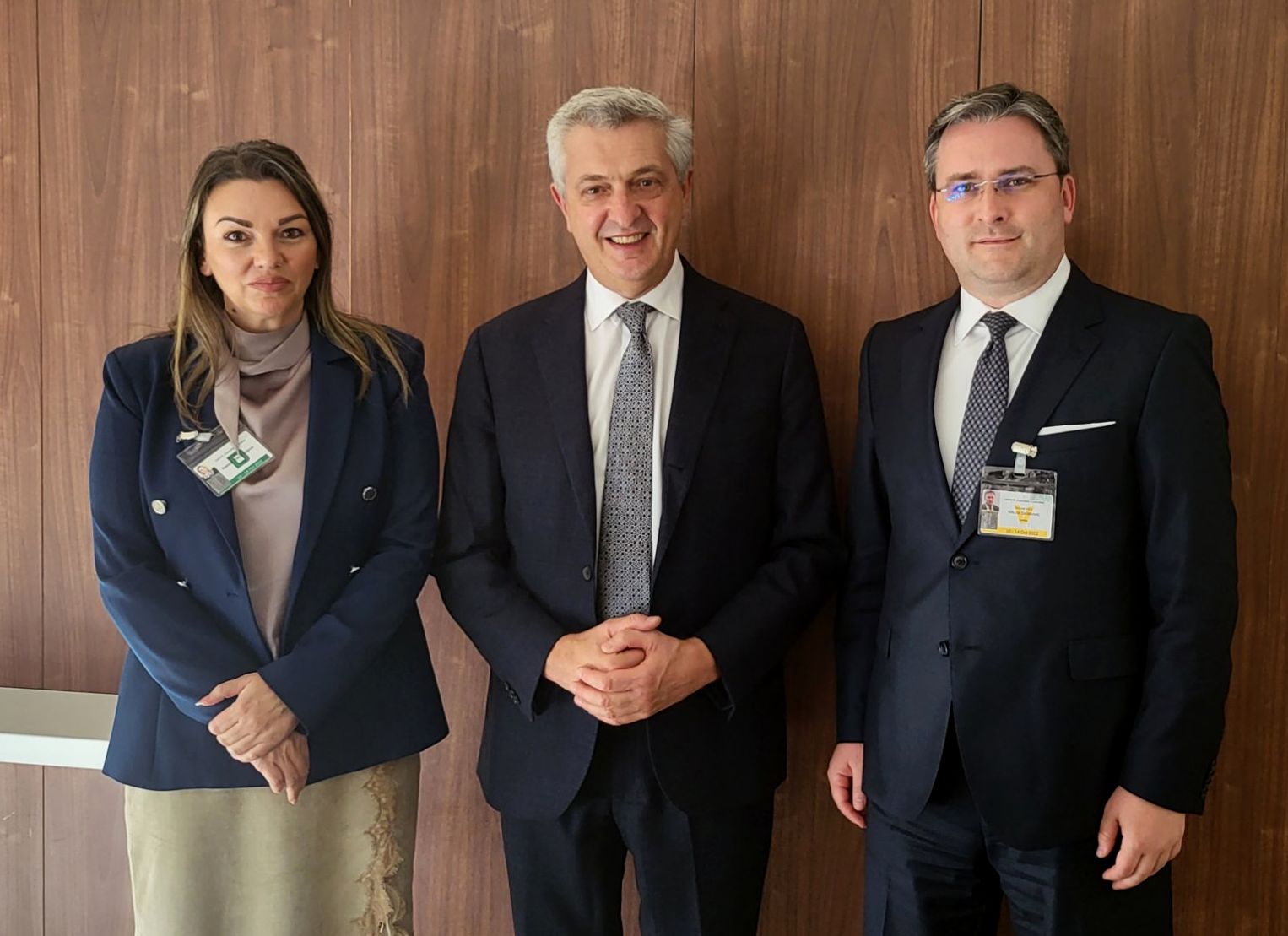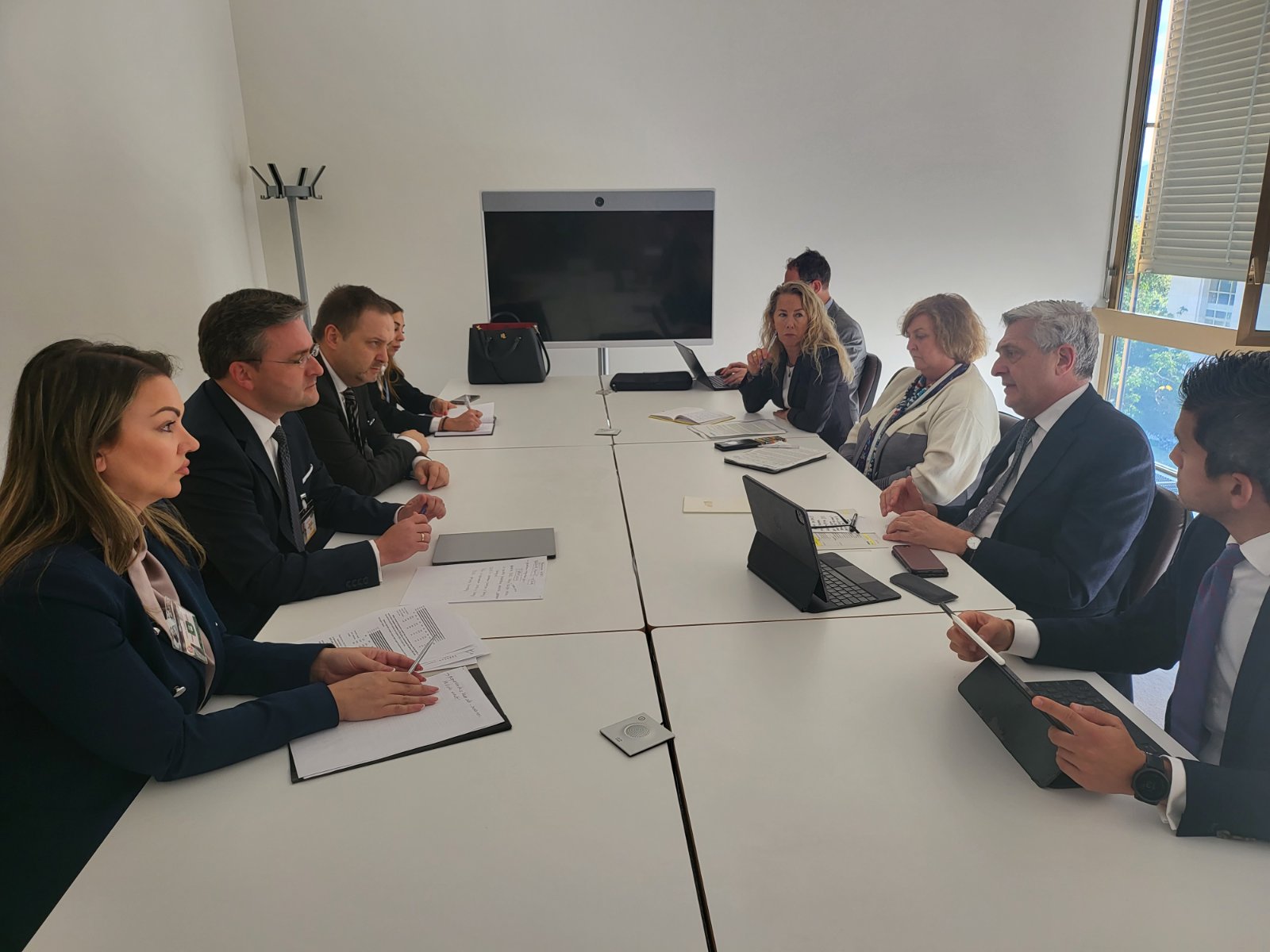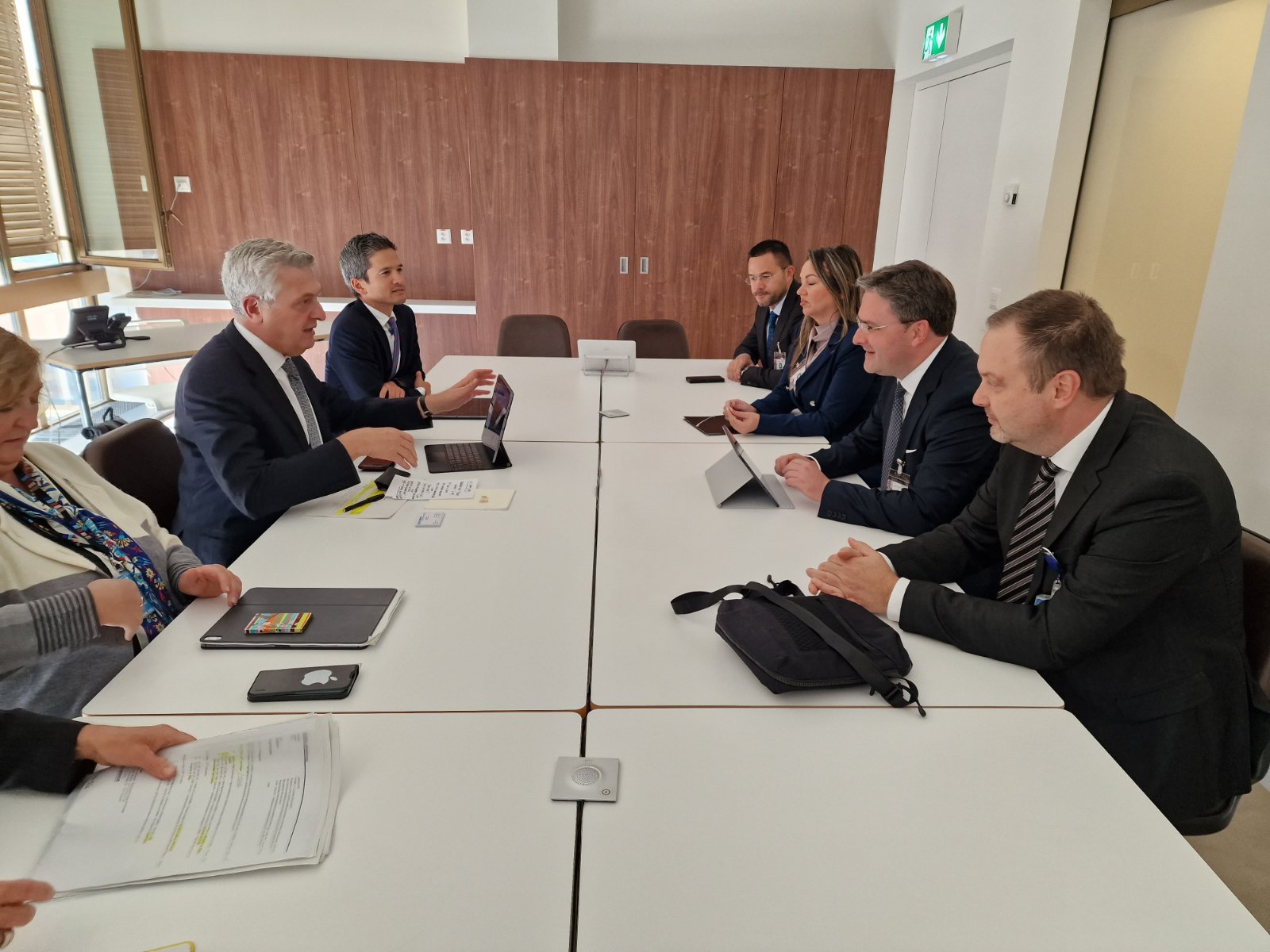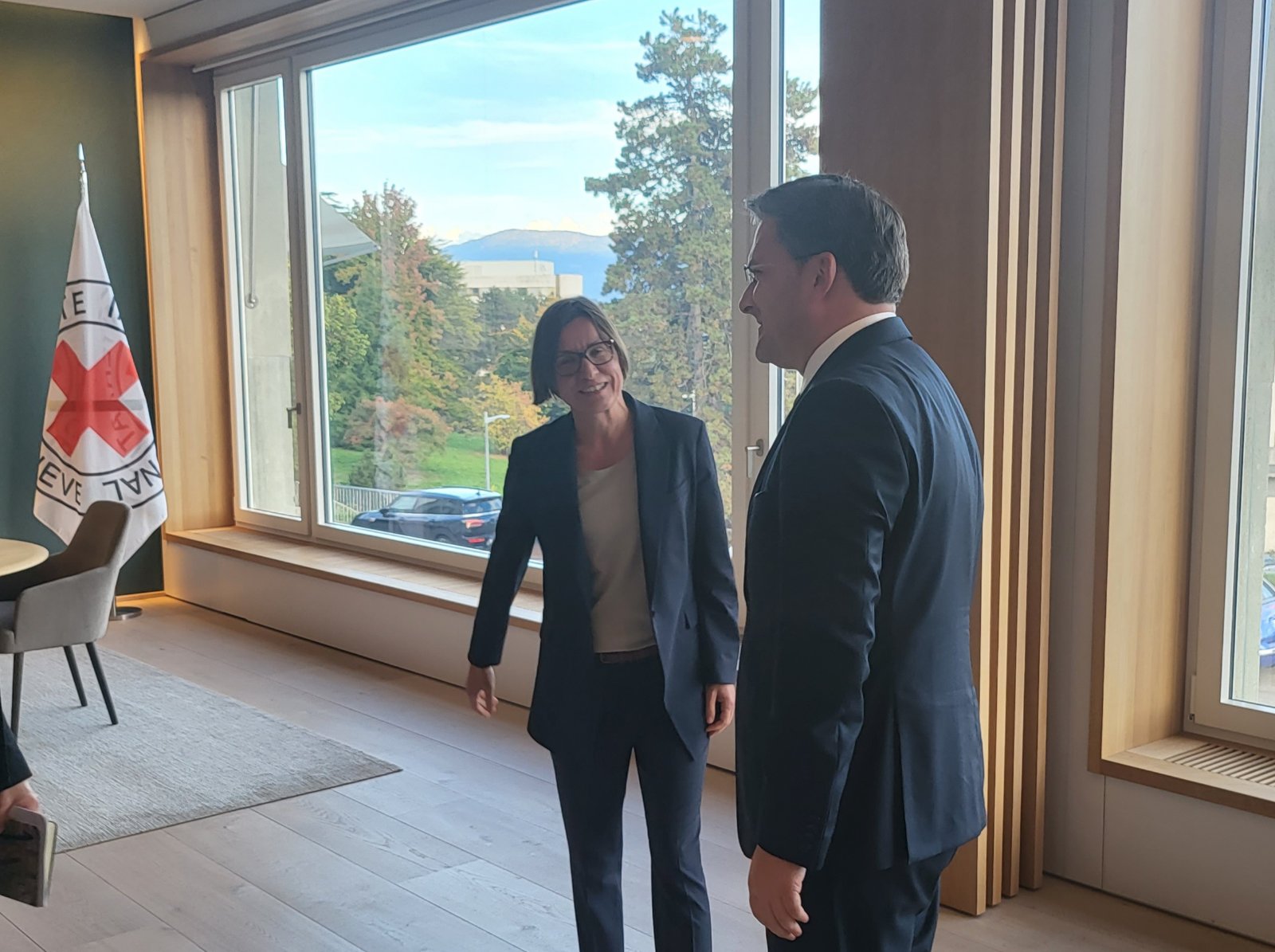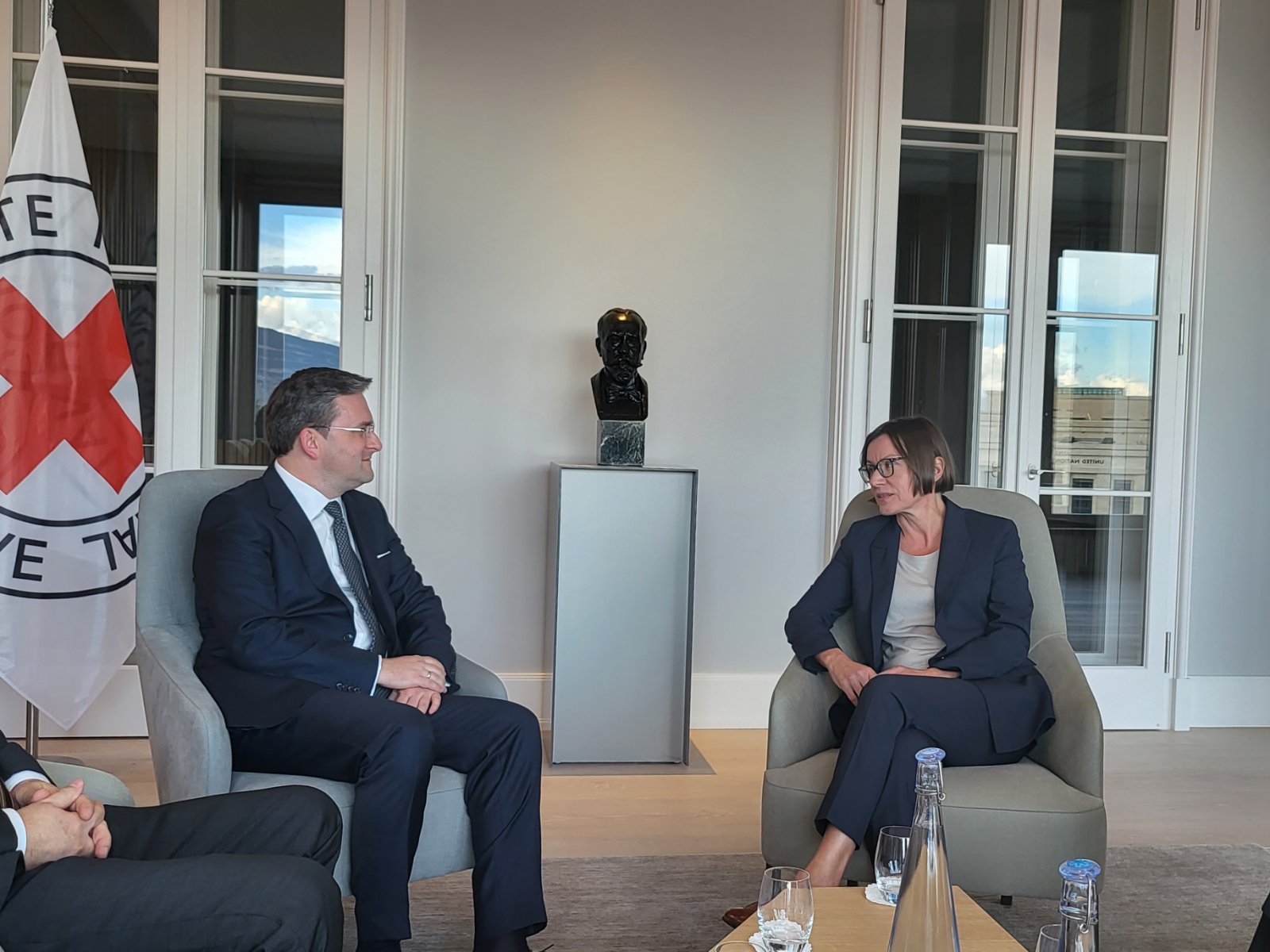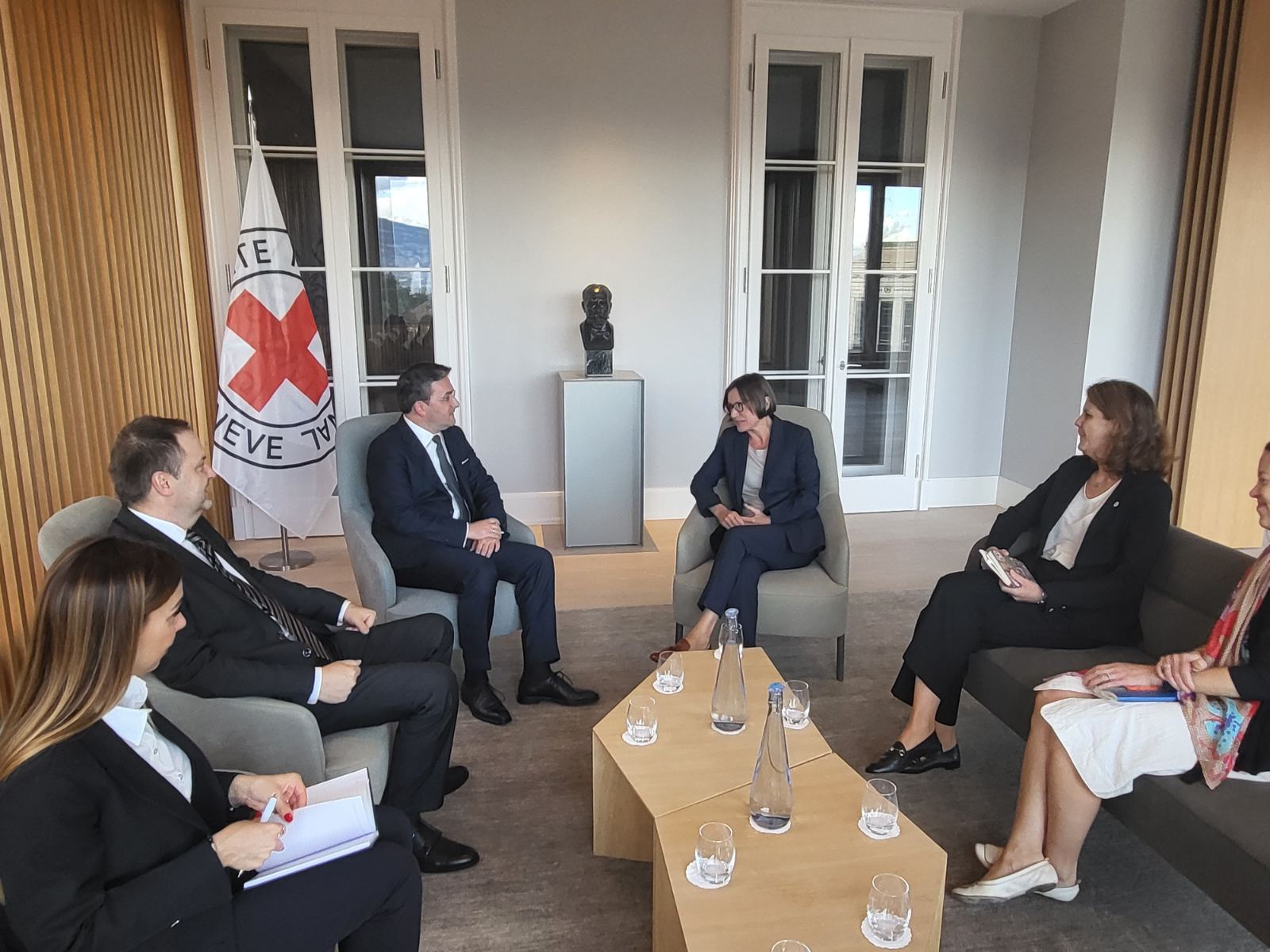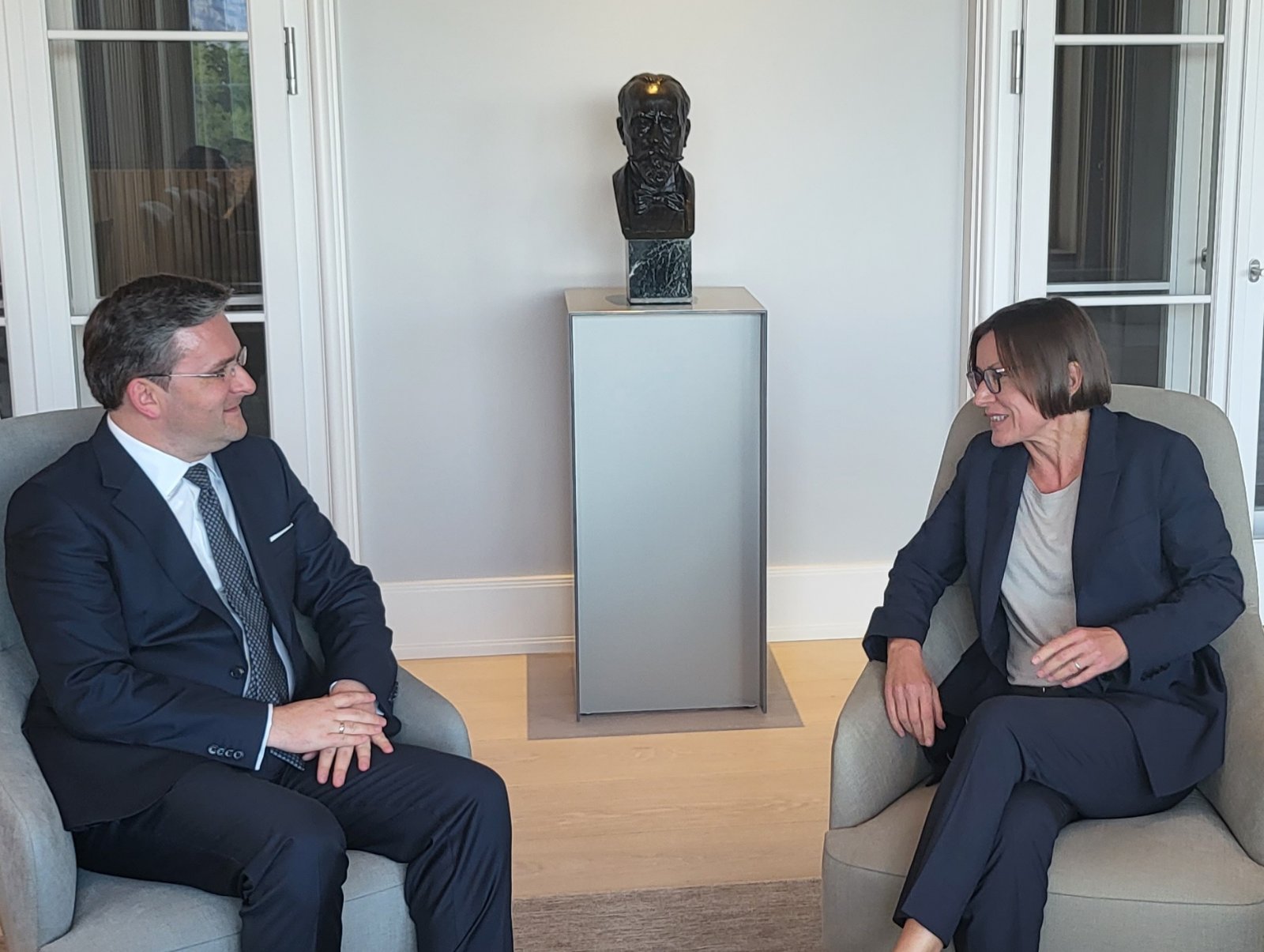Selaković: Serbia is one of five countries in the world with long-term displacement crisis
Selaković, addressing the 73rd Session of the UNHCR Executive Committee, said that Serbia is grateful to this organisation for cooperation in overcoming the consequences of the Balkan conflicts in the 1990s of the last century, as well as providing shelter for persons who have found themselves in the territory of our country due to current world conflicts.
"The wars of the 1990s forced more than half a million Serbs to flee or be expelled from Croatia and Bosnia and Herzegovina. Our country has been making efforts for decades to welcome and provide shelter for them, but more importantly, to create conditions for sustainable return to their homes; however, we do not always encounter understanding and readiness of the parties involved to work together and find a permanent solution", Selaković said.
According to his words, a particular problem Serbia faces is that more than 200,000 people were forced to leave their homes in Kosovo and Metohija, seeking safety and protection against systematic persecution to which persons of non-Albanian nationality are constantly exposed.
Serbian Minister of Foreign Affairs thanked on this occasion the UNHCR for support in the implementation of the Regional Housing Programme for providing durable housing solutions for refugees and displaced persons after conflicts in the territory of former Yugoslavia in the 1990s.
"As the President of the Commission for Coordination of Permanent Refugee Integration of the Government of the Republic of Serbia, I convinced myself of the successful care of families in Smederevska Palanka, Varvarin, Prokuplje, Niš and other Serbian cities and towns, where more than six and a half thousand families have been cared for to date", Selaković said.
According to his words, successful implementation of the Regional Housing Programme is an example that we can find a way to a solution when there is understanding and readiness to do so, which should be a message for finding a durable solution for internally displaced persons from Kosovo and Metohija.
As he pointed out, it is a devastating fact that less than two percent of internally displaced persons succeeded in sustainable return to their homes in Kosovo and Metohija.
Selaković also addressed the problem of taking care of migrants moving in the direction of European countries along the so called “Western Balkan migration route“ through Serbia, reminding that in 2015, about 1.5 million migrants passed through our country, and that there are currently about 6,000 persons in reception centres.
Serbia, he added, for its part, contributes to the care of people who have been forced, due to conflicts, to leave their homes in Ukraine.
Selaković met with UNHCR High Commissioner Grandi
Minister of Foreign Affairs of Serbia Nikola Selaković met with UN High Commissioner for Refugees (UNHCR) Filippo Grandi in Geneva today on the sidelines of the UNHCR ExCom meeting.
During the meeting opinions were exchanged on cooperation and partnership between Serbia and UNHCR in the direction of seeking permanent solutions for all categories of forcibly displaced persons on the territory of Serbia.
Selaković met with ICRC President Špoljarić Egger
Today Minister of Foreign Affairs of Serbia Nikola Selaković spoke in Geneva with President of the International Committee of the Red Cross (ICRC) Mirjana Špoljarić Egger about Serbia's cooperation with that humanitarian organisation.
Selaković conveyed to Špoljarić Egger the openness of Serbia to provide an additional contribution to the mandate of the ICRC through continued cooperation with that organisation.
Minister Selaković pointed out that Serbia was ready to contribute to the mandate of the ICRC „through the continuation of long-term and high-quality cooperation and partnership“ with the ICRC.

